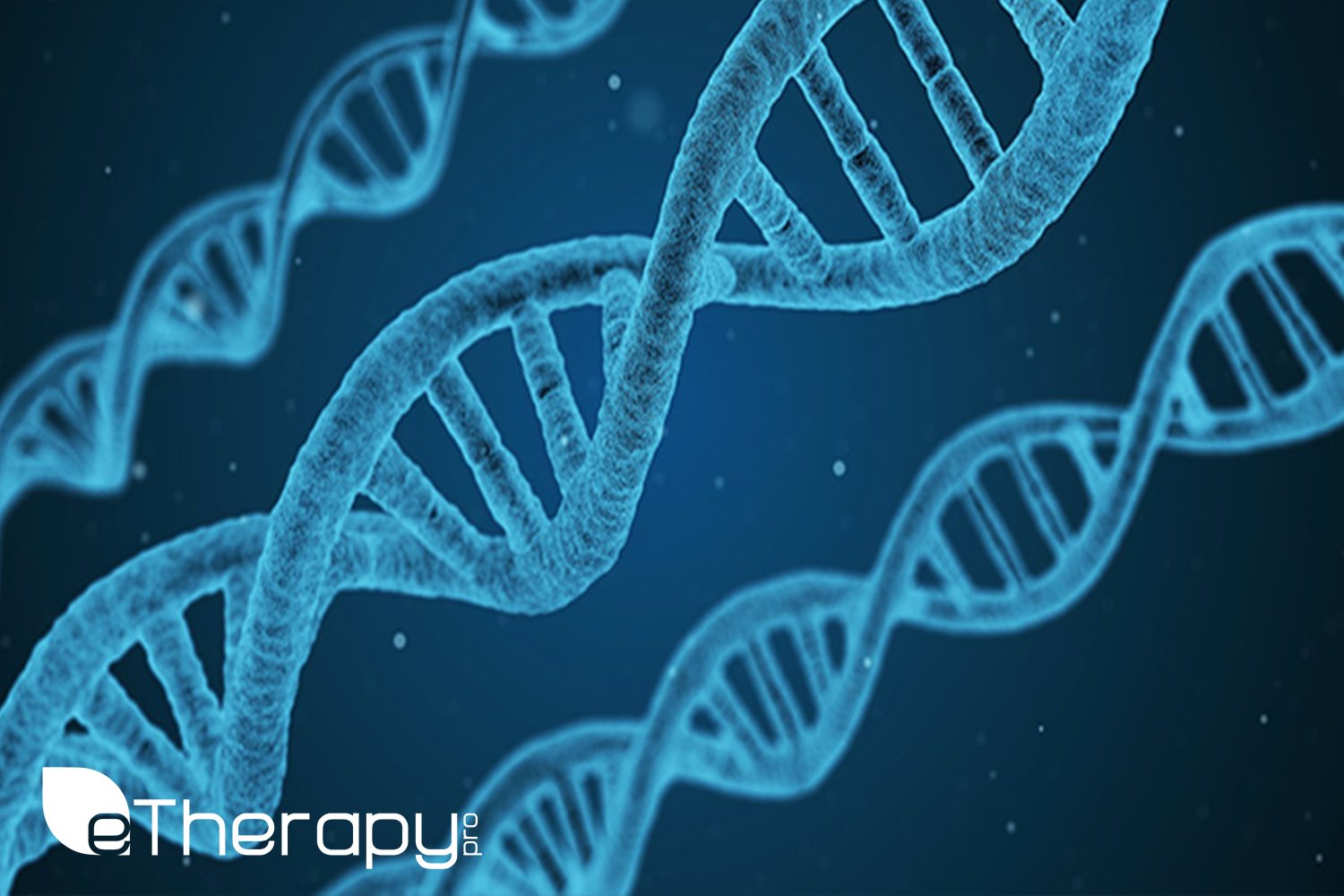It is easy to misunderstand depression or misdiagnose yourself. Most people believe that their ‘depression’ is just a response to stressful situations in life and not a clinical condition. Unfortunately, that means they ignore treatment and continue to suffer the symptoms for a long time. The symptoms of depression can have a big impact on a person’s overall quality of life and can even lead to self-harm. That’s one of the reasons why experts recommend visiting a psychologist if you experience any sort of persistent sadness. Here are some signs that you should particularly be on the lookout for:
1. Persistent Fatigue and Sleep Issues
Fatigue is one of the most common symptoms of major depressive disorder. Most affected people struggle to get out of bed and lack the energy to do things that interested them before. For example, a depressed individual may even struggle to read a book they have been wanting to read for a long time. Fatigue is coupled with sleep issues like insomnia, hypersomnia, and restless sleep. If you experience fatigue or sleep issues, it is a good idea to speak with a psychologist.
2. Hopelessness and Lack of Interest
These are also very common symptoms of depression. Patients struggling with a major depressive disorder often feel hopeless and dispirited, wondering if their life has any purpose or direction. It is also very difficult for them to feel any sort of interest in or enthusiasm for different activities like socialization, games, movies, work, chores, or hobbies. Even things that interested them before will not draw much attention.
3. Irritability and Violent Mood Swings
Irritability and violent mood swings are often displayed by men suffering from a major depressive disorder. This ailment can affect men and women differently, which is why seeking professional assistance is important. Irritability doesn’t just cause distress to people suffering from the ailment, it can also have an impact on their personal and professional relationships. If you’re suffering from increased irritability, it is a good idea to speak with a therapist. You can do so discreetly through online therapy on platforms like eTherapy Pro.
4. Changes in Appetite and Weight
It is common for people to experience some form of physical changes when they’re suffering from a major depressive disorder. This can vary from person to person because some people lose their appetite and experience unhealthy weight loss. Some people binge eat and consume more unhealthy food. They gain excessive weight as a consequence, which can also have lifetime consequences. Addressing the root cause of the problem can help you get back on track.
5. Thinking about Death
People suffering from depression often find the idea of death more appealing than life. Even if they’re not actively suicidal, they consider death to be a release and relief. Dying isn’t far from their mind and they believe they will welcome it instead of fearing it. Many patients suffering from the major depressive disorder are also actively suicidal. If you experience these thoughts, seek help immediately.
Platforms like eTherapy Pro provide easy access to online therapy for people struggling with depression. You don’t even need to visit a psychologist’s office. You can just fill up a form online and get a qualified and professional therapist assigned to you.


